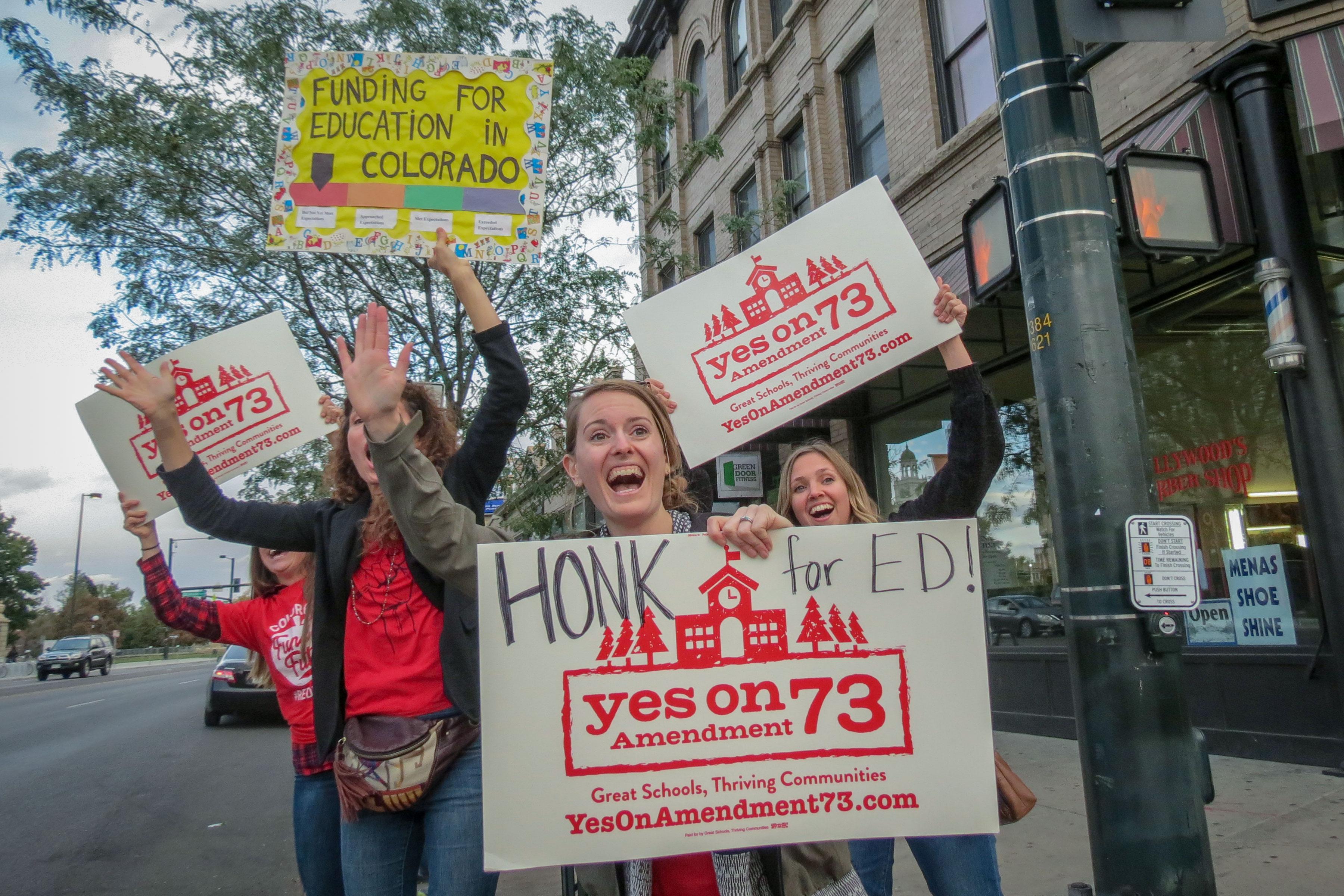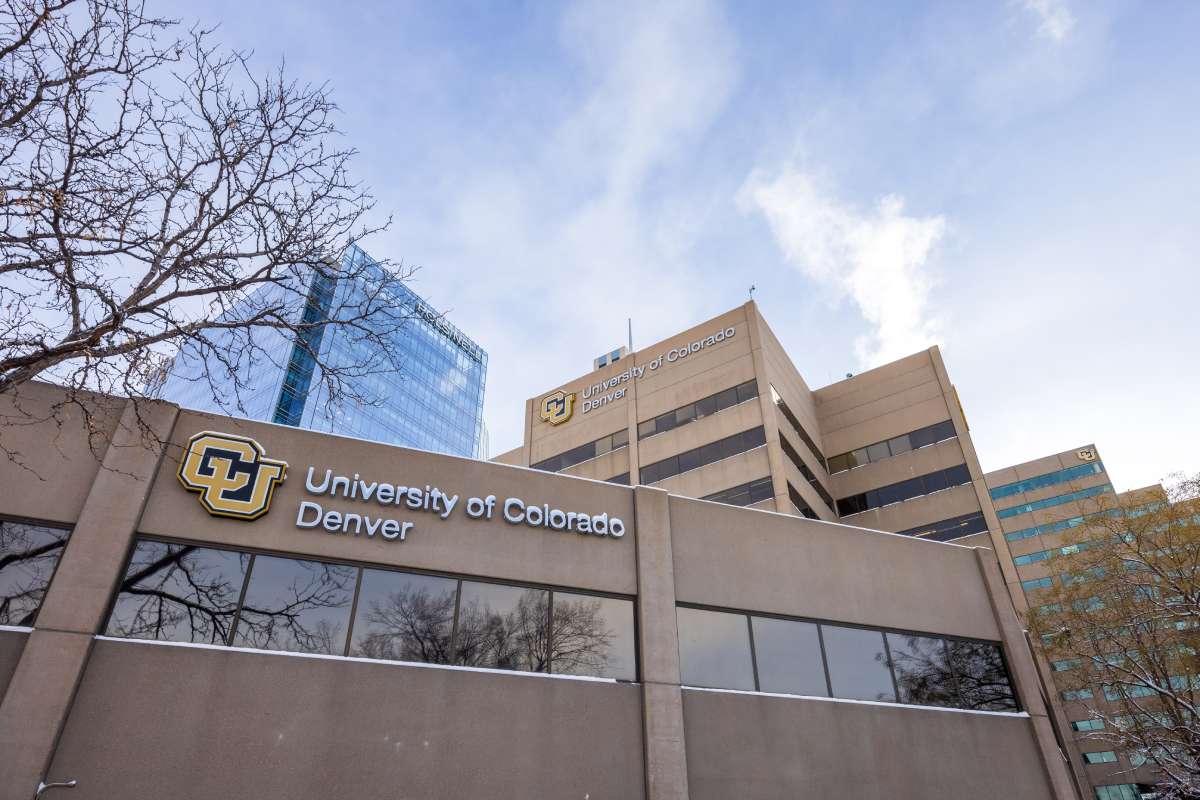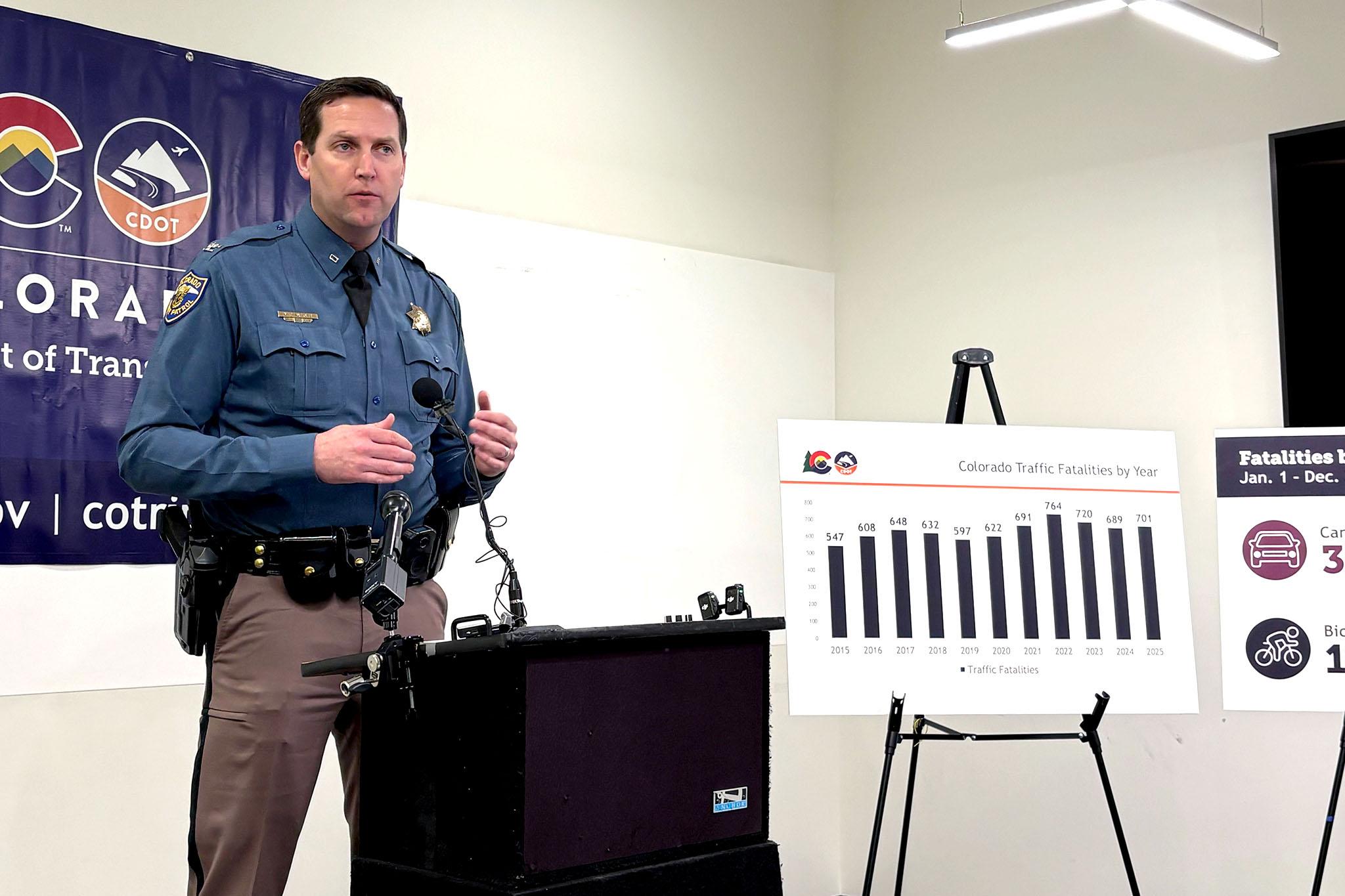

One of the state constitutional amendments that Colorado voters will see in November aims to raise money for all the state’s public schools.
Backers of Amendment 73 say it could provide essential services, salaries and supports. Opponents say it’s too risky and may lead to unintended consequences.
“This would be the most significant investment in education in three decades. It would reverse almost 30 years of cuts in education funding,” said Cary Kennedy, a Democrat and former Colorado state treasurer.
Since the Great Recession, state lawmakers have withheld $7.4 billion from schools to shore up other parts of the budget. The hemorrhage of cash has left many districts operating at 2008 funding levels.
Colorado spends about $2,800 per student below the national average, falling behind Mississippi and Alabama. That figure comes from EdWeek quality counts. Kennedy said Amendment 73 would stop the bleeding.
“Half of the school districts in Colorado today have cut back to a four day school week - that is unacceptable in a state with the top economy in the nation,” she said.
To understand why schools say they need more money, you just have to click on any school district job site. Jefferson County Schools have about 225 jobs still posted at the beginning of the school year.
One main reason there are so many unfilled positions is that districts can’t afford to pay higher salaries. One study shows teacher salaries in Colorado are the least competitive in the nation and they are steadily losing ground with other workers.
The constitutional amendment would give all school districts more money, bringing Colorado closer to the national average in per pupil spending. It would fund full day Kindergarten for all children and target millions more to preschool education, gifted students, and students with disabilities. Local districts would decide where to spend the rest. Raising teacher salaries is a key objective of many districts.
Amendment 73 opponents, like Luke Ragland of the conservative education reform group Ready Colorado, want a structural fix to the way schools are funded first. Due to a complex set of factors, the Taxpayer’s Bill of Rights and conflicting constitutional amendments, many rural areas can’t raise the dollars they need to educate their children.
Moreover, Ragland argued, more state dollars, end up going to a community like Telluride than to Dolores County. He pointed out that the state’s funding mechanism for schools “is inequitable and Amendment 73 doesn't fix those things.”
Proponents argue that superintendents and others have tried to push structural changes but with no success at the legislature or ballot box. Lisa Weil, executive director of Great Education Colorado, one of the driving forces behind 73, said students can’t wait.
“Amendment 73 is our chance to give our chronically underfunded schools the support they desperately need to recruit and retain highly qualified teachers, to provide counseling and mental health supports for our students, and to strengthen science, math, vocational, and literacy programs,” she said.
So how exactly would 73 raise the $1.6 billion?
Income taxes would rise on top earners. Those making between $150,000 and $200,000 would pay $81 more a year. If you make more than a million, you’d pay an extra $42,000 in taxes.
Backers say 92 percent of filers wouldn’t see a tax increase and have an online calculator where voters can figure out their proposed tax increase.
| Taxpayers with taxable income ranging from... | Filers Impacted | Average 2019 Tax Increase Per Taxpayer |
| $0 to $150,000 | None | No change |
| $150,000 to $200,000 | 73,156 | $81 |
| $200,001 to $300,000 | 56,536 | $729 |
| $300,001 to $500,000 | 31,900 | $3,456 |
| Over $500,000 | 24,070 | $42,528 |
Michael Fields, with conservative group Colorado Rising Action, said there are too many unknowns. He fears the income tax on the wealthiest Coloradans would hurt the economy, leaving the state’s top bracket paying the eighth highest tax in the country.
The second way Amendment 73 raises money for schools is that corporations would also pay higher taxes. The corporate rate would rise from 4.65 to 6 percent.
“That makes us not competitive with the surrounding areas,” Fields said.
Ready Colorado’s Luke Ragland thinks the increase could hurt some small businesses that pull in more than $500,000 in income.
“When those high net worth small businesses and individuals face those large taxes, they go elsewhere,” Ragland said. “They’re some of the most mobile people in society. So if you don't think that there's going to be consequences for making Colorado a much less attractive state to do business and to live in, you're just not living in reality.”
Michael Fields’ major argument is that Amendment 73 has “no guarantees about student outcomes.” For him, it’s about more than setting goals for higher test scores, social and emotional development and workforce training. He wants this question answered before there’s any more money.
“What are we getting out of the education system and can we prioritize our budget better?”
Districts don’t see excess in their budgets. During the recession, many districts furloughed employees, didn’t fill positions and cut days and very few have caught up to where they were in 2008, despite more students. In addition, school districts argue they’re still short almost $700 million each year in state funds. As for what they’d do if Amendment 73 were to pass, many districts say they have prioritized teacher salaries, decreasing student-to-teacher ratios, expanding preschool and adding mental health counselors.
For supporters, the time is now to make the funding system fairer. Cary Kennedy said the measure would rebalance a tax code that has middle income earners paying a higher percentage of their local and state income on taxes.
“Right now we have the third lowest corporate income tax in the country and Amendment 73 would bring us to the ninth lowest corporate income taxes in the country,” she says.
The third major plan in the proposal has to do with property taxes.
It is argued that 73 will give property tax relief to farmers, ranchers, and homeowners by lowering and stabilizing the school portion of local property taxes. The measure lowers the residential assessment levied by school districts from its current 7.2 to 7.0 percent and lowers the commercial assessment levied by school districts from 29 to 24 percent.
Opponents worry the change may hurt cities, counties, and water, sanitation and fire districts by putting downward pressure on the local taxes they rely on.
“We do support schools, but we are so unclear about whether or not this would actually play out in this manner,” said Gini Pingenot, legislative director of Colorado Counties, Inc.
That has prompted the organization to take a position against Amendment 73.
The 1982 Gallagher Amendment sets guidelines for determining the value of commercial and residential property and their assessment rates. Proponents say that Amendment 73 doesn’t change how the Gallagher Amendment has been calculated for the past 35 years. They say the language is clear that the assessment rate for other local taxing entities won’t be impacted.
Despite that belief, in an August memo, JoAnn Groff, Colorado’s Property Tax Administrator, expressed concern that the Amendment’s language on this was ambiguous.
Bottom line?
“It is unclear whether there will be downward pressure on the residential assessment rate for all other taxing jurisdictions because of the new assessment rates for schools,” she said in an interview.
All parties agree the school funding system is broken in many places.
Proponents of Amendment 73 say the measure can’t fix them all — what is clear is the amount schools can raise from local property taxes has seen a dramatic decline as residential assessment rates have fallen. And the state budget can’t make up the loss — leaving Colorado’s schools on the brink — with rising inequality between school districts. Amendment 73 they say, would level the playing field for today’s children who can’t wait for all the pieces to be fixed.
“Colorado has one of the fastest growing economies in the country, yet we’re still about $750 per student behind just keeping up with inflation since the recession,” says Great Education Colorado’s Lisa Weil. “Amendment 73 gives voters the chance to make it right.”
Editor's Note: This story was updated to clarify Colorado's per pupil spending figures as they compare to other states.








